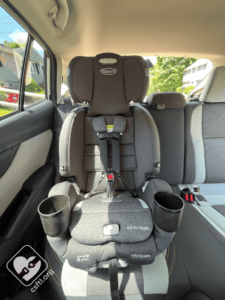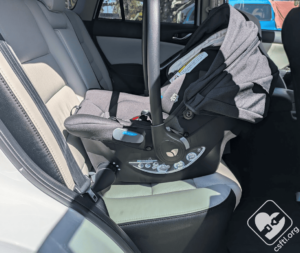When Is a Recall Not a Recall?

This opinion piece claims that a Tesla software update should not be a recall. I’m calling bullsh*t.
Article Link: https://www.wsj.com/articles/dont-believe-the-tesla-headlines-safety-recall-software-update-c2e95f3a?st=x6p4mcr79zaee10&reflink=desktopwebshare_permalink
This opinion WSJ piece has so many issues… in essence arguing the common Tesla talking points that any safety defect (a design defect that might kill someone) doesn’t count if an Over-The-Air software update can fix it. Changing the method of fix delivery does not bring potential crash victims back to life. Arguing the dictionary meaning of “recall” is a rhetorical device, and nothing more. Whining about the cost of post cards misses the point that this is about people’s lives. If companies care about postage costs perhaps they should try harder not to deploy unsafe software.
If one really needs to respond to the word game arguments from Tesla supporters, it’s pretty straightforward to do so:
“Recall” => “Safety Defect” (simple terminology change)”Recall[ed][ing]” => “Publish[ed][ing] a Notice of Safety Defect” (simple terminology change)”OTA software Remedy” => An over the air software update that corrects a safety defect. (No change in meaning.)”OTA software update” => Any over-the-air software update. Some updates are remedies, but hopefully most are not. If not to fix a safety defect, then it’s not a remedy. (No change in meaning.)
The above does not change any process; just terminology. Journalists can adopt those terms right now and still be accurate by informally using the phrase “Notice of Safety Defect” to refer to the “Part 573 Safety Recall Report” that is published for every recall. Here’s an example of one for Tesla FSD for not stopping at stop signs that Tesla admits in that document “may increase the risk of collision”: https://static.nhtsa.gov/odi/rcl/2022/RCLRPT-22V037-4462.PDF
It is already the case that only SOME updates are associated with recalls. Any OTA update that does not remedy a safety defect is NOT a recall. Never has been. (Also, an OTA update that does not address a safety defect never has been a Remedy.) Anyone saying that the current rules require all OTA updates to be called recalls is just intentionally confusing things, potentially in an effort to get people to stop paying attention to the many safety defects that have indeed been corrected by OTA software Remedies.
BTW, when someone says the OTA happened in a few days, that overlooks the fact that the safety problem might have been on the road for months (or years) before being corrected. For the rolling stop remedy the firmware with the safety defect was released on Oct. 20, 2020, and the remedy was applied Feb. 1, 2022: A duration of about 469 days during which road users were exposed to undue risk by software with a safety defect.
It is reasonable to say that Software Defined Vehicles should cause NHTSA to revisit and streamline the recall process. If for no other reason that they’ll likely be buried under an avalanche of safety-relevant software updates. But arguing that they should be out of the loop for software updates that correct safety defects goes against rather than towards safety.







